Coldcart bags $6.5 million in funding to grow its installed base of perishable shippers and logistics providers
Coldcart, a platform for frozen and refrigerated parcel logistics, has closed an oversubscribed $6.5 million seed financing.
The round was led by Collide Capital and includes previous convertible note investments led by Material. Great North Ventures, Behind Genius Ventures, Feld Ventures, Alumni Ventures, and Service Provider Capital also participated.
With this new funding, Coldcart plans to grow its installed base of perishable shippers and logistics providers.
It was founded by CEO Jason Park, who previously started and scaled Allstate Identity Protection from zero to $100 million ARR, and Blue Apron founder and former CEO Matt Salzberg.
Early backers include founders, C-level, and senior executives from Marley Spoon, Home Chef, Y Combinator, and Bain & Company.
“Perishable shipping is a uniquely complicated problem, requiring a uniquely experienced team,” says Collide Capital Managing Partner Aaron Samuels, who is joining Coldcart’s board.
The startup’s team also includes early ShipBob employees and a former pharma executive.
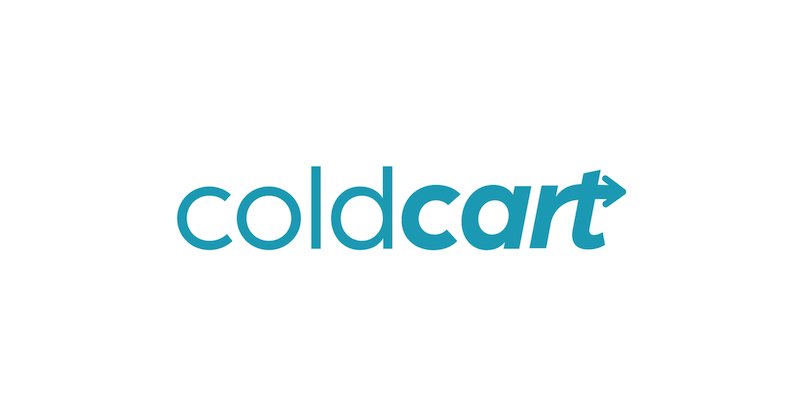
Coldcart claims that its platform reduces perishable logistics costs by 15-50% per shipment and refundable shipments by 40-60%.
For every individual order, it decides what combination of routing, packaging, and shipping will best meet the required delivery time, based on real-time factors including cost, on-time delivery, weather, and provider availability, among others.
These decisions are then executed across a network of 15 fulfilment centres and multiple delivery carriers in each geographic region of the US, collectively reaching the entire US population within required perishable delivery time.
Customers can also connect their own fulfilment centres and providers.
“Traditional approaches to perishable parcel shipping are prohibitively cost and capital intensive,” says Park. “The infrastructure needed to solve this problem without massive capex and opex did not exist before us.”















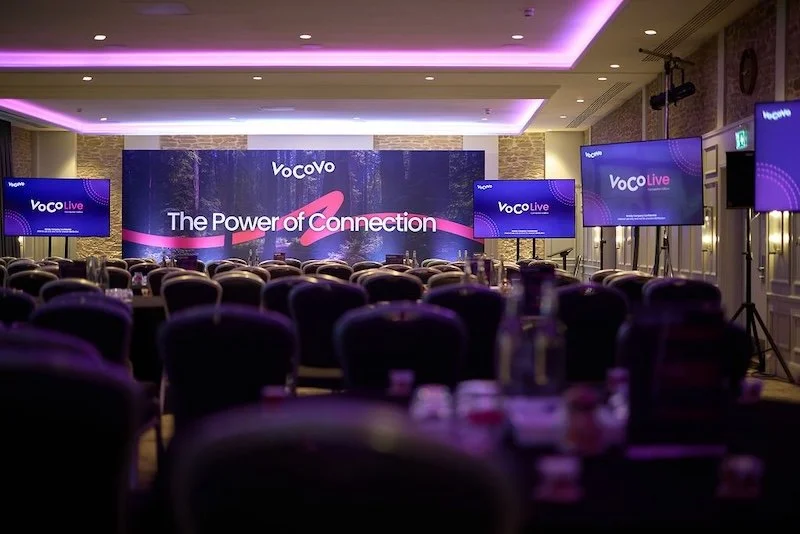


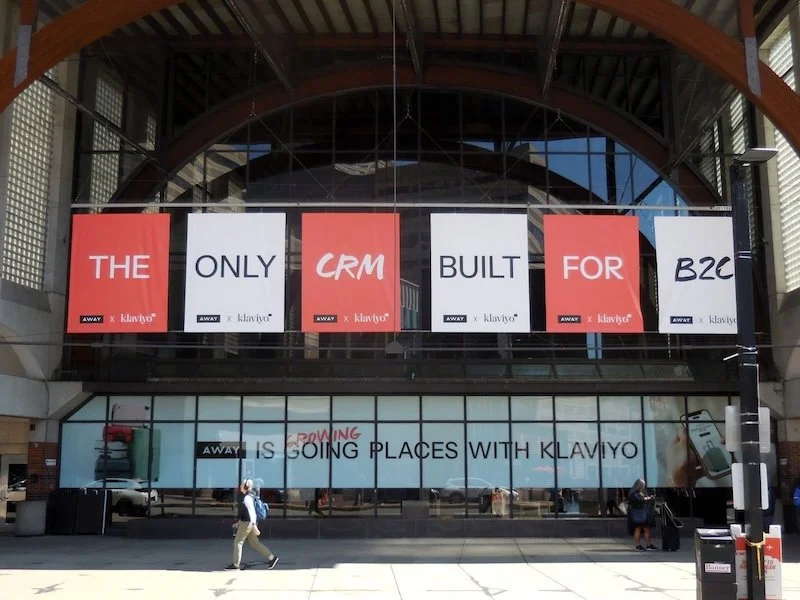



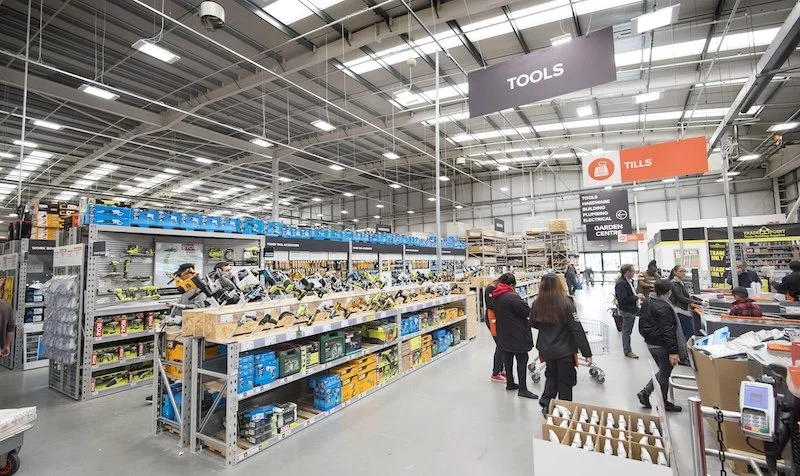



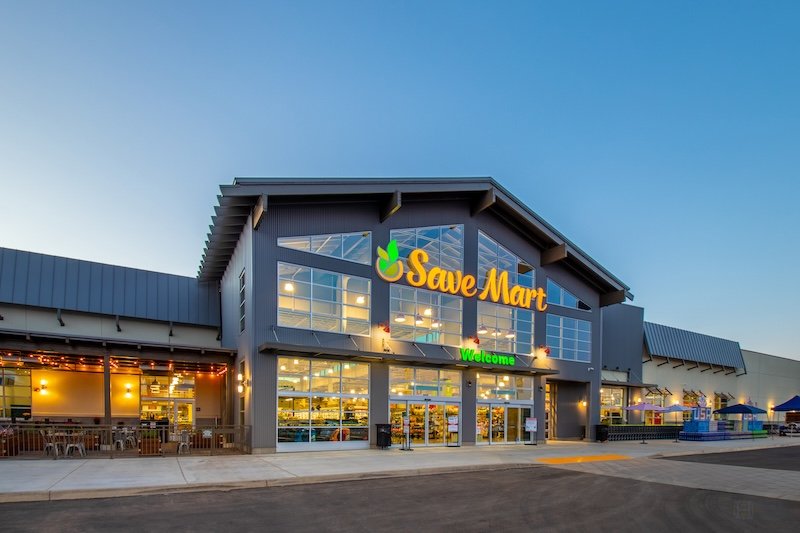

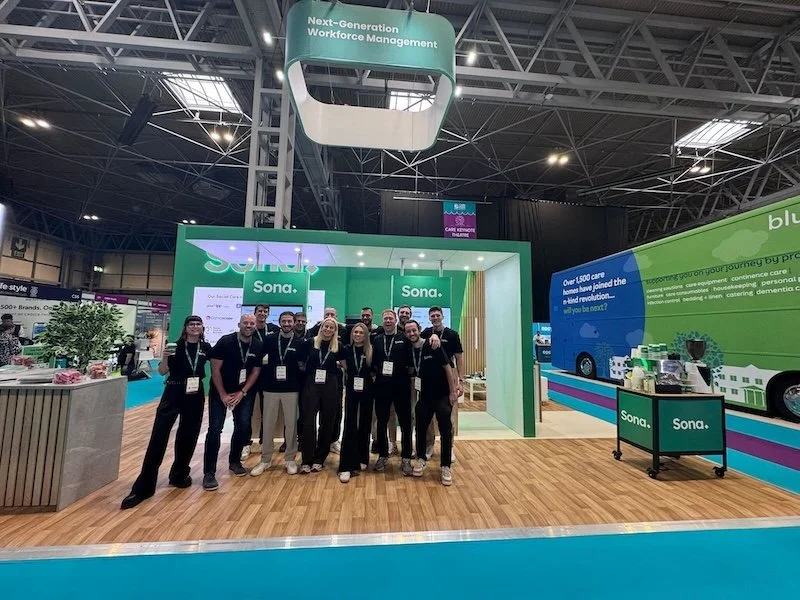

Continue reading…